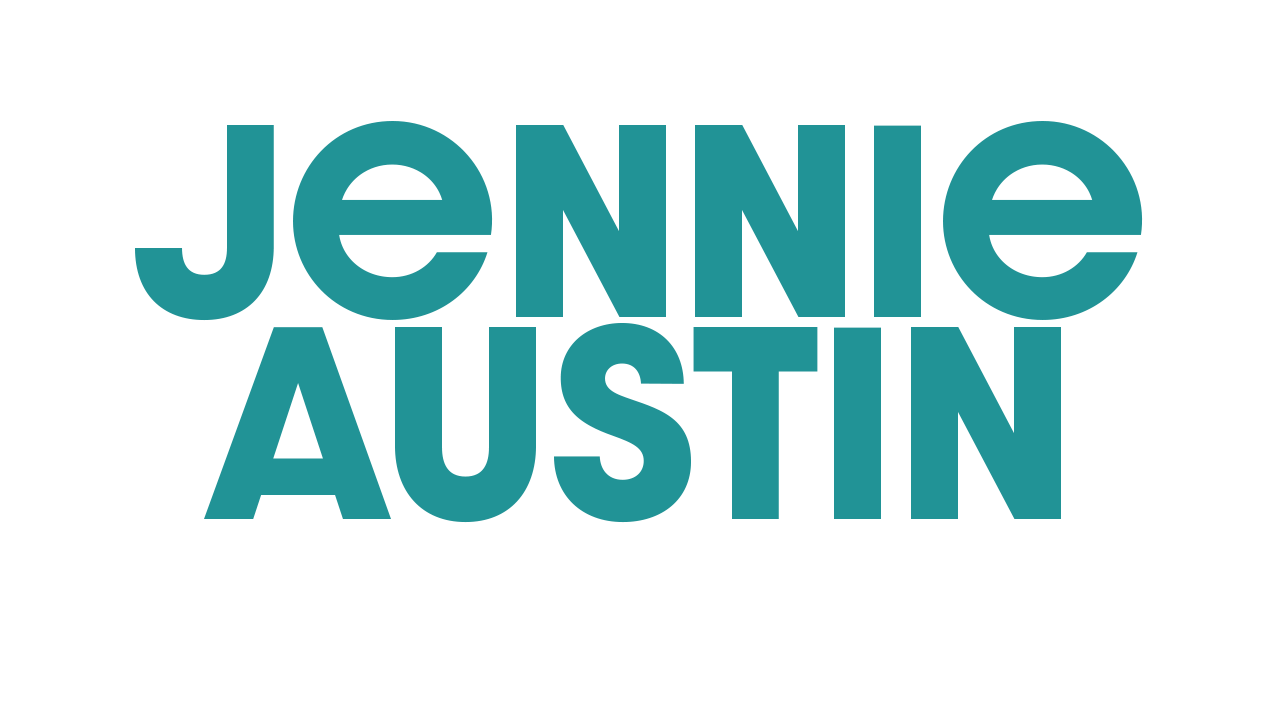How to Lead a Team While Working from Home (From Someone Who’s Done it)
Photo by Mimi Thian on Unsplash
With all of the media coverage of COVID-19 lately, you’ve probably seen a lot of articles about “social distancing” and “self quarantine”. Many states and local governments are enacting temporary bans on large assemblies of people. This means that if you work for a company with 100 or more employees in one space, you may be asked to work from home for the time being.
Working from home sounds very appealing to some. You can sleep a bit longer, roll out of bed, and work in your pajamas. For others, working remotely may seem kind of intimidating, especially for leaders. What if you run into distractions? What if you struggle to stay efficient? What if your team members are hitting roadblocks and you’re not there to help them?
As someone who not only worked from home for three years, but remotely led a team of creatives for two of those years, I’d like to put your mind at ease by sharing some of the strategies that helped me stay focused and motivated, even with distractions at home.
Nothing Works Without Trust
If you’re nervous about your team working from home because you don’t trust them to actually work, I have a legitimate question for you: Why did you even hire them in the first place?
Unless you’re leading a team of middle-schoolers, you should be able to trust them to do their job, no matter where they’re working. If you’re a manager that thinks your team won’t be as productive if they work from home, I have some news for you. A 2019 study showed that 85% of businesses that switched to a more flexible work-from-home policy saw an increase in productivity. Working from home also increases morale and reduces stress in employees.
Learn to trust your employees. They’re adults, and they will appreciate being trusted to do their job from home.
A Little Structure Goes a Long Way
One thing that employees working from home for the first time might miss is a bit of structure in their schedules. Even if your team doesn’t typically hold many meetings in the office, it might help to schedule a quick conference call a few times a week to catch up on each other’s progress and support each other in your projects.
It might be worth building a habit of tracking your time if you don’t do so already. When I first started working remotely, I used Toggl to track the time I spent on each project and give my supervisors peace of mind regarding my productivity. Now, my whole team uses it to track their time spent on each client. It’s a great habit to build to hold yourself and your team accountable.
Set a Good Example
Another good habit to build when you work from home, aside from working a consistent schedule, is to get up and get ready for “work” the same way you would if you were going to the office. If your morning ritual includes showering, doing your hair and makeup, and getting dressed, it helps to do that even if you’re just going to be working from your couch for the day.
It may not sound as much fun to work from home if you’re still wearing your office clothes and getting up around the same time, but it will really help you stay focused on work and set a good example for your team.
People were always amazed to hear that I got up and got ready for work every day during my three years of working from home. Truthfully, it really helped me get in the “working” mindset and stay productive during my workday!
Be Strategic About Distractions
Surprisingly enough, having a distraction might help you be more productive. As Erik Devaney writes for HubSpot:
It's like Newton's law of inertia: If you're in motion, you'll stay in motion. If you're at rest, you'll stay at rest. And busy people are in fast-enough motion that they have the momentum to complete anything that comes across their desk.
If you’re dealing with a distraction, such as a child (or, in my case, a furbaby!), you can use breaks like kids’ naps or loads of laundry to go into ultra-efficiency mode with your work. Just make sure you’re focusing on one “distraction” at a time!
Photo by Sincerely Media on Unsplash
Think About Your Work Environment
If you’ll be working from home long-term, you’ll benefit greatly from creating a dedicated space to work. No need to invest in office furniture if you don’t have a desk; even just a spot at your dining room table will help you be more productive if you use it as your “working space”.
However, some creative-types will benefit from switching things up now and again. I will sometimes take meetings off-site or allow the creatives on my team work from home if they’re needing some inspiration.
If you find that your work environment is getting stale, go to a quiet coffee shop or your local library for a refreshing change. This is especially helpful if you tend to feed off of productive environments, like me.
Force Some Social Interaction & Communication Using Technology
The one thing I really missed when I was working remotely was the in-person collaboration that occurs with my team. I had to heavily rely on technology to still be able to communicate effectively with them to brainstorm new ideas, help each other through roadblocks, and really just avoid losing my sanity. Regular phone and video calls, daily emails, and group chat messages helped me navigate this. Here are some of the tools that helped me:
Google Hangouts for chats and video calls with the team
Zoom for meetings with outside clients
Slack for messaging with large groups of people and teams
Taskworld for assigning and collaborating on specific creative projects
Putting it All Together
The thought of being a leader while working from home shouldn’t feel so daunting, but it also shouldn’t be seen as a vacation. Some people will really thrive as both an employee and as a leader when they are asked to work from home, while others will find they really appreciate working at the office again. As a leader, it’s important to recognize this and to pay attention to which situations work best for your team. After all, providing that flexibility will make you much more valuable as an employer.






Hi! I’m Jennie.
Thank you for visiting my blog! I write about marketing tips for small businesses and how to succeed as a female professional. I write from experience about the things that I love.